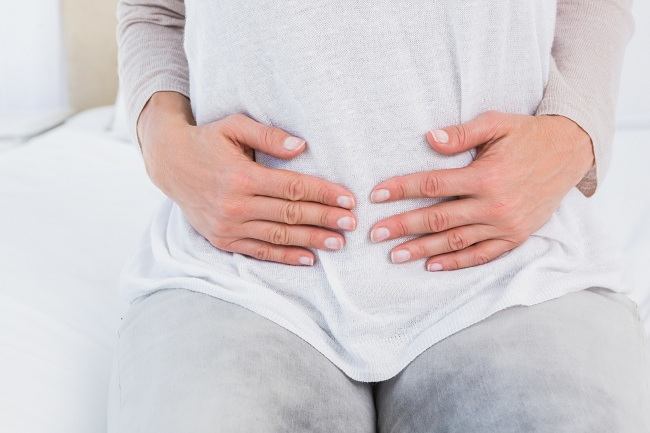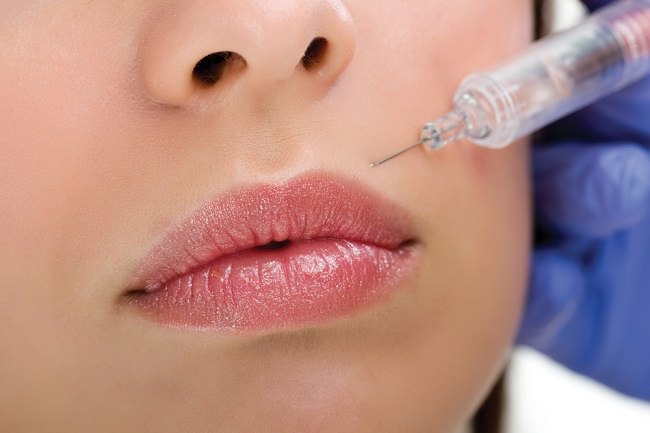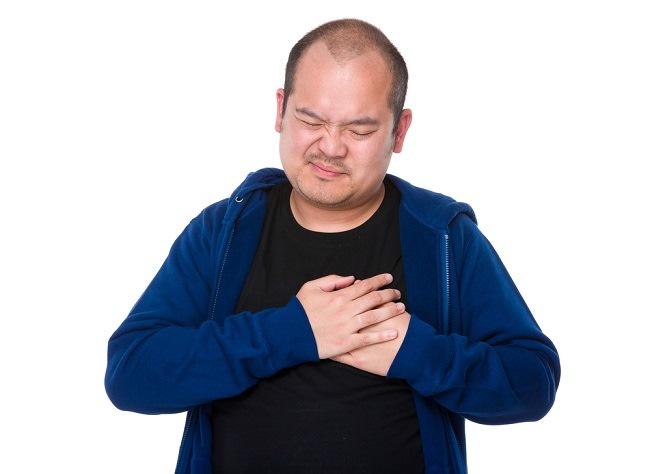For people with anxiety disorders, negative thoughts and anxiety are often difficult to get rid of until interfere with daily activities. If you experience this, consider the following ways to overcome anxiety disorders.
Occasional feelings of anxiety, especially when dealing with stressful or worrying situations, are normal and will subside on their own. However, if anxiety often appears for no apparent reason, is excessive, and difficult to suppress, it could be caused by an anxiety disorder.

How to Overcome Anxiety Disorders
There are various types of anxiety disorders, ranging from generalized anxiety disorder, panic attacks, to phobias. Although each anxiety disorder has different characteristics, in general this condition can be treated with psychotherapy and medication.
One of the best-known forms of psychotherapy is cognitive behavioral therapy (CBT), in which sufferers are directed to ways of thinking, reacting, and behaving that can help reduce symptoms of anxiety.
In addition to medication and psychotherapy, there are several simple ways that can be done independently and have been proven to help reduce symptoms of anxiety disorders, namely:
1. Take a deep breath
Breathing deeply can relax the body and reduce nerve activity in the brain that causes anxiety. When experiencing anxiety, take a deep breath for five seconds, then hold it for five seconds, then release it slowly again for another five seconds. Do it several times until the mind is calmer.
2. Focusing on the activity being undertaken
When you feel anxious, your focus will be disturbed. If this happens, try to refocus on what you are about to do. For example, if there is a schedule for cleaning the house or washing clothes, do it. If you have a get-together with friends, stick with it. Sitting still doing nothing and worrying about what might happen will only make the anxiety worse.
3. Menapply the 3-3-3 . method
Look in your surroundings and name three objects. Then name three voices that may be heard at that time. Continue by naming the three body parts, such as the fingers, forearms, and ankles, moving them casually. This technique can help stop or divert negative thoughts that are making you restless.
4. Avoid caffeine and alcohol
Alcohol can provide a relaxing sensation as a short-term effect. However, if consumed too often or excessively, alcohol can actually make anxiety disorders worse.
Consumption of caffeine, whether in the form of coffee, chocolate, or tea, can also trigger and worsen anxiety symptoms. Several studies have shown that coffee and tea consumption can make a person feel more restless and have difficulty concentrating, especially if consumed in excessive amounts, which is more than 2 glasses per day.
5. Storytellingtoon trusted people
Share or sharing what you are feeling and experiencing with someone you trust can ease your anxiety. This person could be a psychiatrist, close friend, or family member who understands your condition.
As an alternative, try searching support group consisting of people with similar complaints, so they can share experiences and tips on how to deal with anxiety disorders.
6. Make time for yourself
Take time to take a leisurely walk, meditate, get a massage, or soak in a warm bath. If necessary, turn off your cell phone for a few moments so you don't get distracted.
Sometimes anxiety can be caused by increased stress hormones. These relaxation methods can make you feel calmer, so that anxiety can subside.
7. Eat regularly and drink enough water
When busy or feeling anxious, a person can forget about his meal schedule. Whereas low blood sugar levels due to late eating can make a person more easily emotional and anxious. Lack of fluids or dehydration can also make the heart beat faster and make anxiety worse.
The effectiveness of the above steps is not necessarily the same for everyone with an anxiety disorder. The most important thing to relieve anxiety is to identify the trigger of the anxiety, then determine the most suitable way for you to relieve it.
For optimal results, you are advised to consult a doctor for further treatment. Especially if anxiety disorders have caused difficulties in carrying out activities, difficulty sleeping, fatigue, difficulty concentrating, to symptoms of depression in the form of ideas or thoughts of suicide.
Written by:
dr. Irene Cindy Sunur









